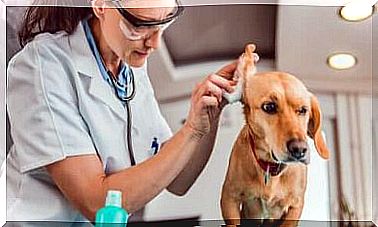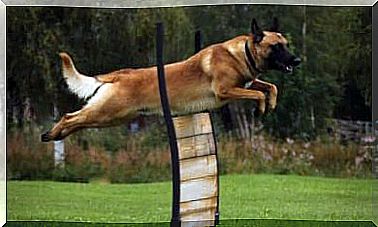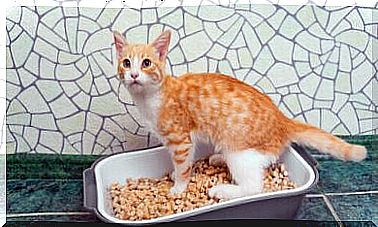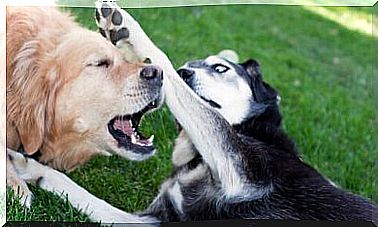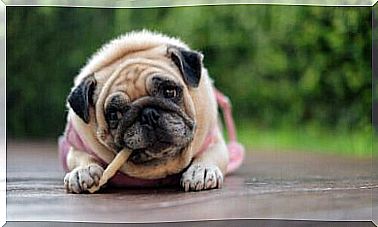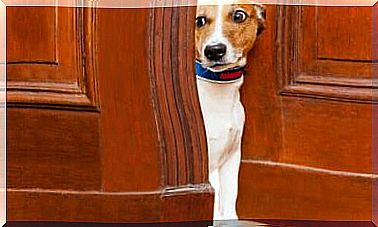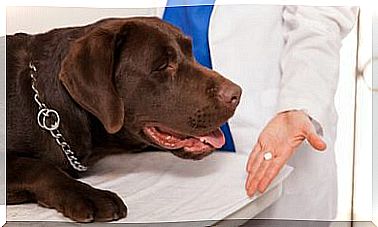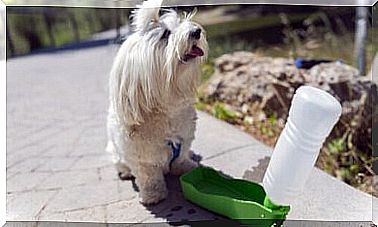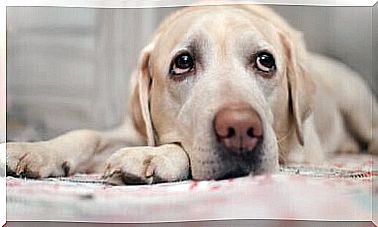Vietnamese Pigs As Pets
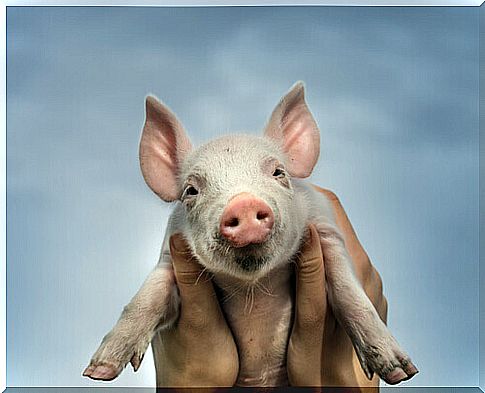
As we already know, cats and dogs are the most popular pets. And while birds, rabbits, fish or hamsters may also be chosen as pets, pigs seem to be making their mark as of late.
But we are not referring to any pigs that we can observe on real and fictional farms. These are the Vietnamese dwarf pigs, creatures that conquer with their charm and friendliness.
So much so, that even the star George Clooney was seduced by them.
Important information when choosing Vietnamese pigs as pets
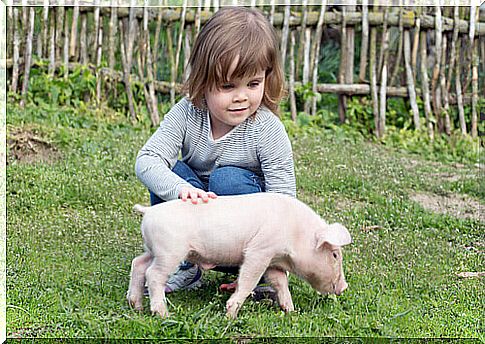
- These intelligent and sensitive animals are the smallest among the pig breeds. They weigh between 45kg and 50kg and have an average life expectancy of between 20 and 25 years. Their fur is short. For this reason, bathing and combing them can be easily done. This data is essential if you want to have them indoors. The coat color can be black, pink, white or painted.
- They are omnivorous animals – they eat everything – and tend to get fat easily. Therefore, it is important to take care of the feeding of these small pigs, as they tend to be greedy. There are cereal compounds on the market that are the most suitable for your nutrition, and that should be accompanied by a wide variety of vegetables, fruits and vegetables. But beware: never give hay to pigs. Remember that this product is intended to make you fat.
- They are not usually carriers of diseases, but as with other pets, they should be vaccinated, dewormed and periodically examined by the veterinarian.
- Contrary to popular belief of most pigs, Vietnamese pigs do not smell bad. What’s more, they take care of their needs in the sand, earth or sandbox very carefully. And, contrary to popular belief, they never come into contact with their droppings. Also take into account that if the sandbox is located near the place chosen for him to sleep or eat, he will refuse to rest or feed there.
- One of the main characteristics of Vietnamese pigs is their great sense of smell. They are good trackers and their virtues as truffle seekers are well known. But in some countries, these virtues are used to detect explosives and drugs.
- Discovering new places, sightseeing and venturing into unknown places are his hobbies. It is important information about the personality of Vietnamese pigs that should be taken into account, because if you let them live in conditions of semi-freedom, they could suffer.
- Something that will surely surprise you are the different sounds he uses to communicate : if he wants to convey greetings, a request, a thank you, show pleasure or annoyance, he will do it with different sounds. This is, without a doubt, very useful to know the state of mind of your innovative pet.
- And an important detail: Never put it upside down. It is a position that they dislike because it causes a feeling of insecurity and threat.
More information about the Vietnamese piglet
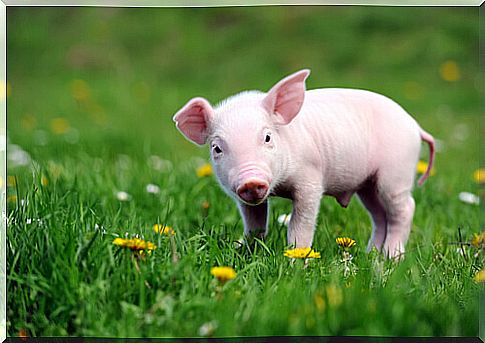
Surely, you’re already more eager to know about this new pet. Therefore, we will tell you other details:
- Puppies that have docile mothers and that have been weaned correctly are the most sociable and therefore the most fit to have as pets at home.
- Premature weaning, over time, may lead to behavioral problems.
- We won’t be able to educate those wildly bred animals or it will take a lot of effort to do so.
- Little pigs will not adapt to life in a house if you treat them roughly or if you don’t have the patience to teach them the basics of living together.
- Given the great intelligence of the Vietnamese piggies, if clear rules are not imposed, they can become big naughty ones.
- They have a great need for affection and love to be petted.
- They need to feel part of the family, integrate into their new social group.
- The outdoors and moderate daily exercise are very useful, both for the physical health and for the mental balance of these little animals.
As you can see, with care, patience and with the proper education, Vietnamese pigs can become fun, playful and obedient animals that can even be taken for a walk on a leash. Have you decided whether to adopt one?
